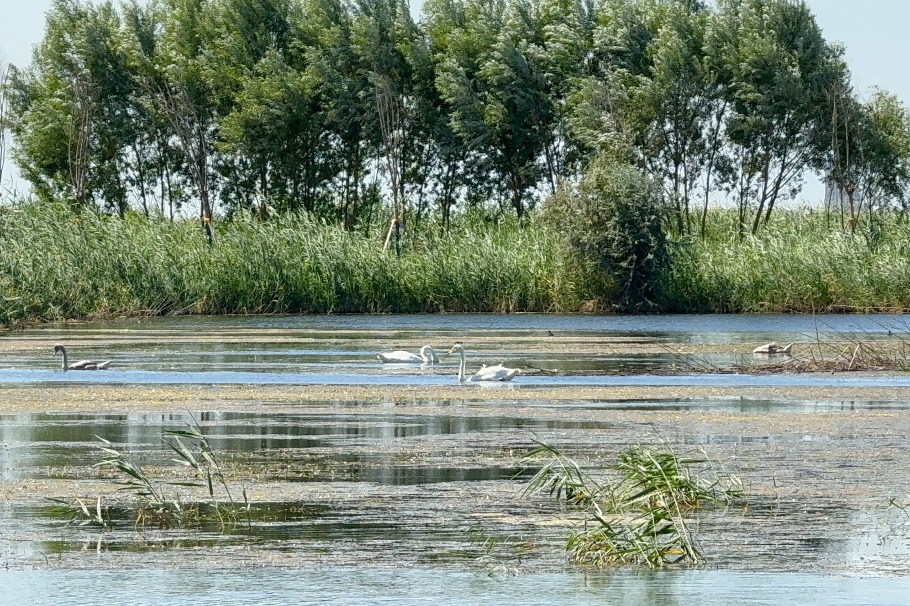Chinese scientists conduct detection experiment on Antarctic ice cap

BEIJING -- Chinese scientists have successfully conducted an ice-cap detection experiment in Antarctica using a domestically developed ultra-wideband hyperspectral microwave radiometer, as reported by China's 41st Antarctic expedition team.
The team conducted joint air-ground experiments using helicopters and snowmobiles to successfully carry out remote sensing detection of temperature distribution beneath the Antarctic ice.
Zhu Di, a researcher at the National Space Science Center of the Chinese Academy of Sciences, explained that the melting of the Antarctic ice cap often initiates from the bottom. However, traditional methods of detecting subglacial temperatures are both costly and difficult.
This innovative equipment detects weak microwave radiation energy emanating from within the Antarctic ice sheet, enabling it to map the temperature distribution from the ice surface down to the base at depths of up to 4,000 meters, Zhu said.
This technology is poised to provide crucial data support for research on the melting of polar ice sheets, the evolution of subglacial lakes and water systems, as well as changes in sea levels, Zhu added.
- China sees scattered, extreme rainfall in critical flood-control period
- Macao SAR chief executive explores tech cooperation during visit to Zhejiang
- Agritourism, sports, entertainment boosts income in rural Xinjiang
- Host city of 2025 World Games unfolds new vitality in opening wider to globe
- Mangshan's misty peaks enchant visitors
- China warns against escalating tensions on Taiwan question





































